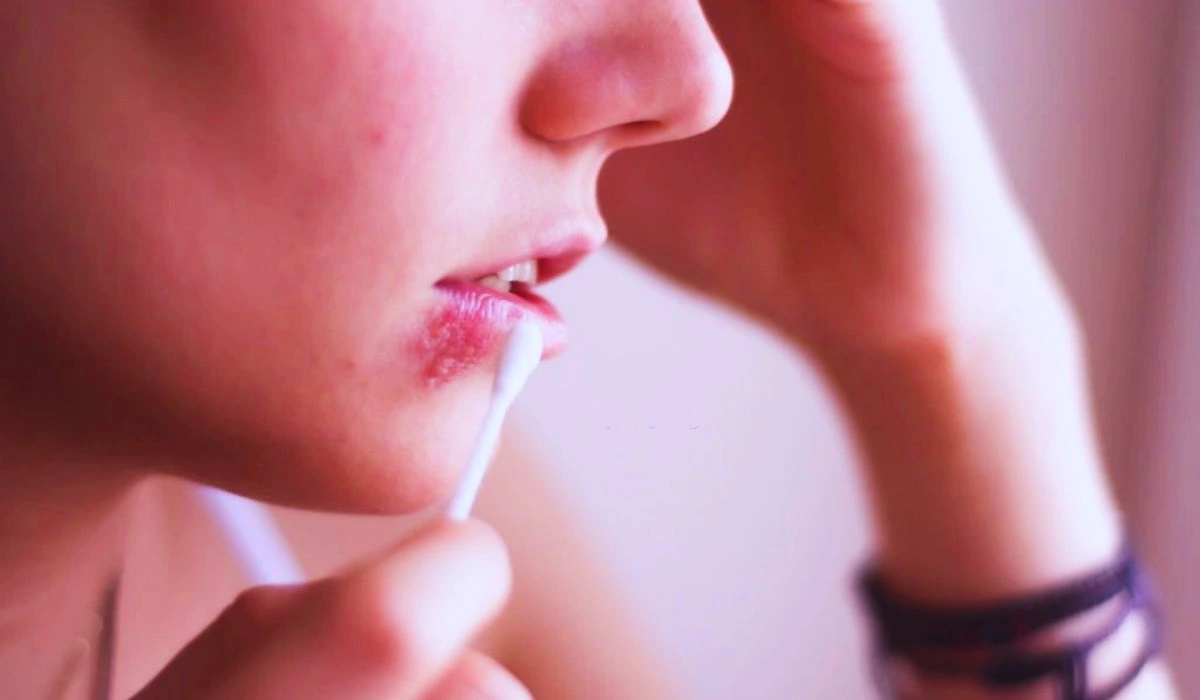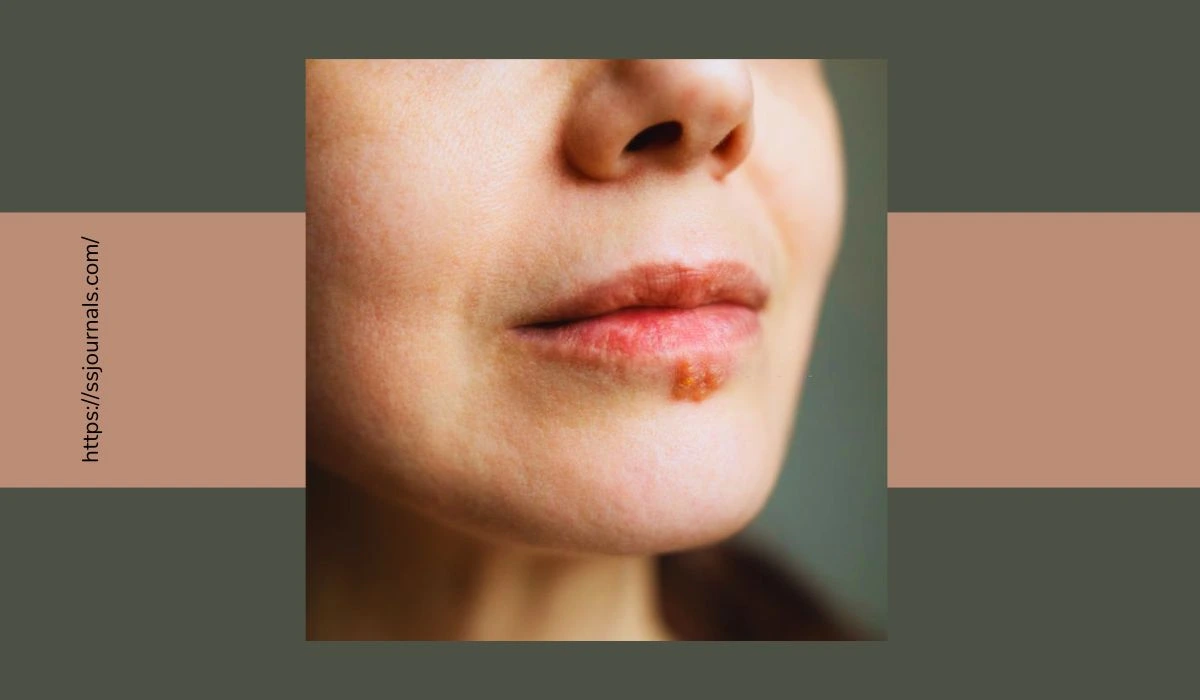Herpes is a common viral infection caused by the herpes simplex virus (HSV). There are two main types of herpes – HSV-1 and HSV-2. HSV-1 causes oral herpes and is responsible for cold sores and fever blisters around the mouth and lips. HSV-2 causes genital herpes and affects the genital area.
Genital herpes is a sexually transmitted disease (STD) that affects many people worldwide. There is no cure for herpes, and once infected, the virus stays in the body for life. However, with modern treatments, herpes can be managed and outbreaks can be reduced or prevented. So is herpes dangerous? Let’s take a deeper look at this common infection.
Understanding Herpes
Herpes simplex is part of a group of viruses called herpesviridae. There are two distinct types – herpes simplex virus type 1 (HSV-1) and herpes simplex virus type 2 (HSV-2). HSV-1 is mainly transmitted by oral-to-oral contact and causes oral herpes. HSV-2 is almost exclusively sexually transmitted through skin-to-skin contact and affects the genital area, causing genital herpes.

After the initial infection, the virus enters the nerves and travels to the nerve ganglia, where it remains inactive. It can get reactivated later, leading to outbreaks. Recurrent outbreaks tend to be milder than the first occurrence. Triggers for outbreaks include stress, illness, fatigue, menstruation, and ultraviolet light.
Herpes is highly contagious during active outbreaks when the virus is shedding. The virus can spread through contact with cold sores, genital fluids, and skin-to-skin contact. Using condoms reduces but does not eliminate the risk. Herpes can also be transmitted even when no symptoms are present.
Also Check: What Is Vulvodynia? Discover The Symptoms And Treatments
Common Herpes Symptoms
In many cases, the infection produces no symptoms at all and goes unnoticed. When symptoms do occur, they vary for oral and genital herpes.
Oral herpes causes tingling or itching around the mouth a few days before blisters appear. Small red bumps then develop which turn into fluid-filled blisters. These blisters are often clustered in patches and burst open, leaving shallow ulcers that eventually crust over. Other symptoms may include fever, swollen lymph nodes, and general discomfort. The first outbreak is usually the most severe.
Genital herpes also starts with tingling and itching at the injection site. Small blisters form which evolve into painful open sores. There may be discomfort urinating, discharge from the urethra or vagina, and swollen lymph nodes in the groin. Recurrent outbreaks involve fewer blisters that heal more quickly, typically within two weeks.
Herpes Treatments: Is Herpes Curable?
There is currently no cure for the herpes simplex virus infection. However, treatments can relieve symptoms and reduce the frequency of outbreaks.
For oral herpes, over-the-counter topical anesthetics like lidocaine can relieve pain from mouth sores. Antiviral medications like acyclovir, famciclovir, and valacyclovir help shorten the duration of an outbreak. Cold sore ointments containing docosanol are available to speed up healing. Maintaining good oral hygiene and hydration helps too.
For genital herpes, antiviral medications are the mainstay of treatment and can be taken daily to prevent outbreaks or just during active outbreaks. In addition, warm baths, ice packs, aloe vera gel, and pain medications can provide symptom relief. Wearing loose cotton underwear and keeping the area clean and dry helps prevent secondary infections.
Daily suppressive therapy with valacyclovir or acyclovir is recommended for those with frequent recurrences. It helps reduce asymptomatic shedding as well which decreases chances of transmission. If taken effectively, antiviral medications can reduce the risk of transmission to partners by 50%.
Read More: Does Body Heat Affect Male Fertility? Discover The Connection
Conclusion
Herpes is a manageable condition and does not typically cause serious health complications. However, it can impact mental health and sexual intimacy due to stigma. Seeking counseling or joining support groups helps counter feelings of isolation and depression. Being open with partners about one’s condition is important too.
While herpes has no cure, it is not a harmful or dangerous infection for most people. By recognizing the symptoms, getting tested and treated early, and managing outbreaks promptly, people can go on to live healthy lives and enjoy normal relationships. With a few precautions, the risk of transmission can also be significantly reduced.
FAQs
A: Contracting herpes for the first time during pregnancy can be dangerous since it increases the chances of neonatal herpes in the newborn. Babies can get infected during delivery through contact with infected genital fluids. This can lead to serious complications like brain damage. However, the risk is greatly reduced if the expectant mother already has antibodies for herpes before pregnancy.
A: In rare cases, HSV-1 can cause ocular herpes leading to infection and inflammation of the eye. HSV infections can also cause issues for those with weakened immune systems, including an increased risk of HIV infection.
A: Yes, cold sores around the mouth are caused by oral herpes or HSV-1. They represent outbreaks of the dormant virus in those infected with HSV-1.
A: Herpes spreads through direct skin-to-skin contact. Sharing utensils or bathroom products like towels does not lead to transmission in most cases. However, it’s best not to share items during active outbreaks.
A: Certain foods like chocolate, caffeine, nuts, and seeds may trigger herpes outbreaks in some people due to their high arginine content. Avoiding these and eating more lysine-rich foods can help prevent recurrences.

